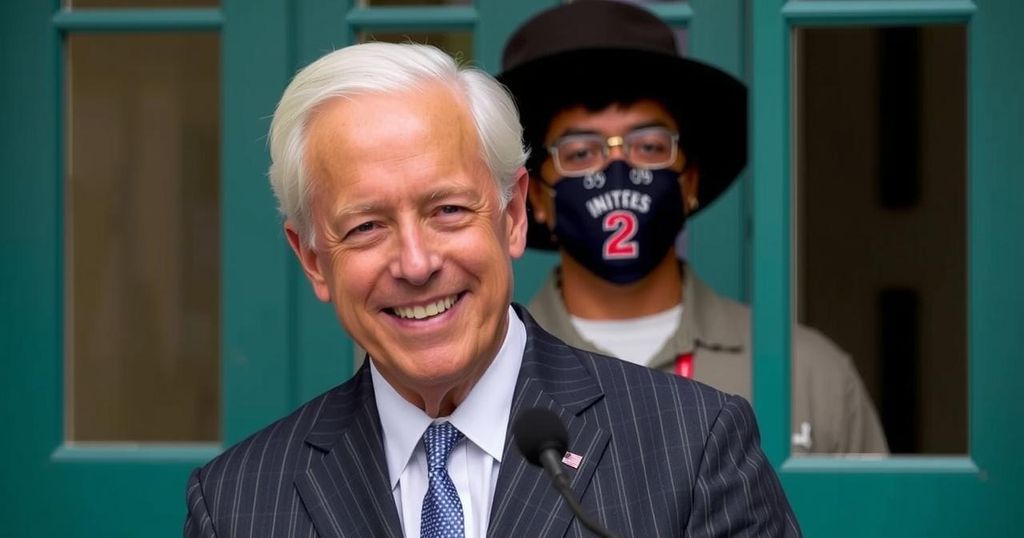Biden Administration Extends Temporary Protected Status for Nearly 1 Million Immigrants

The Biden administration has extended Temporary Protected Status (TPS) for nearly one million immigrants from El Salvador, Sudan, Ukraine, and Venezuela. The move allows them to renew work permits and deportation protections amid fears of upcoming policy changes from the Trump administration. The extension benefits diverse immigrant groups and underscores the significant implications of future immigration policies.
On Friday, the Biden administration announced a significant extension of Temporary Protected Status (TPS) for nearly one million immigrants from El Salvador, Sudan, Ukraine, and Venezuela. This decision permits these individuals to renew their work permits and deportation protections, safeguarding them from removal due to ongoing conflicts and emergencies in their home countries. The extension is especially critical as the incoming Trump administration has indicated plans to curtail the TPS program.
Approximately 234,000 Salvadorans, 1,900 Sudanese, 104,000 Ukrainians, and 600,000 Venezuelans are expected to benefit from this policy. The TPS designation for El Salvador will remain in effect until March 2026, while the designations for Sudan, Ukraine, and Venezuela will be extended through October 2026. This action comes amid Trump’s plans to roll back immigration protections and strengthen deportation policies.
The extension of TPS is a reminder of the myriad legal protections available to immigrants and the fluctuating political landscape that impacts their status. In contrast, the Biden administration opted not to grant TPS to new arrivals, despite requests from advocacy groups to expand the program, fearing it might appear as political maneuvering against the incoming administration. This decision may affect hundreds of thousands, particularly Nicaraguans who have sought TPS amid political unrest.
The TPS program holds particular significance for various immigrant groups who have long established lives in the United States. For instance, Salvadorans have been under TPS since 2001 due to natural disasters back home. Venezuelans seeking TPS largely entered the country in response to their nation’s severe economic crisis and sociopolitical instability.
Temporary Protected Status (TPS) was established in the United States to provide a safe haven for individuals from countries experiencing serious crises, such as armed conflict or natural disasters. TPS allows eligible foreign nationals to live and work in the U.S. temporarily and protects them from deportation. When political dynamics shift, such as the potential implementation of stricter immigration policies by new administrations, this program often becomes a focal point in discussions about immigrant rights and protections. The Biden administration’s recent extension of TPS reflects ongoing efforts to support communities that continue to face significant challenges in their home countries, while the contrasting intentions of the incoming Trump administration suggest major changes ahead for immigration policy.
In summary, the Biden administration’s lasting extension of Temporary Protected Status for nearly one million immigrants showcases its commitment to provide legal protections amidst ongoing turmoil in their home countries. This decision highlights the contrasting ideologies regarding immigration policies between the current and incoming administrations, suggesting a turbulent period ahead for immigrant rights and protections. The refusal to expand TPS eligibility for new arrivals, while potentially beneficial for current beneficiaries, illustrates the complexities of navigating immigration policy in a politically charged environment.
Original Source: www.cbsnews.com








